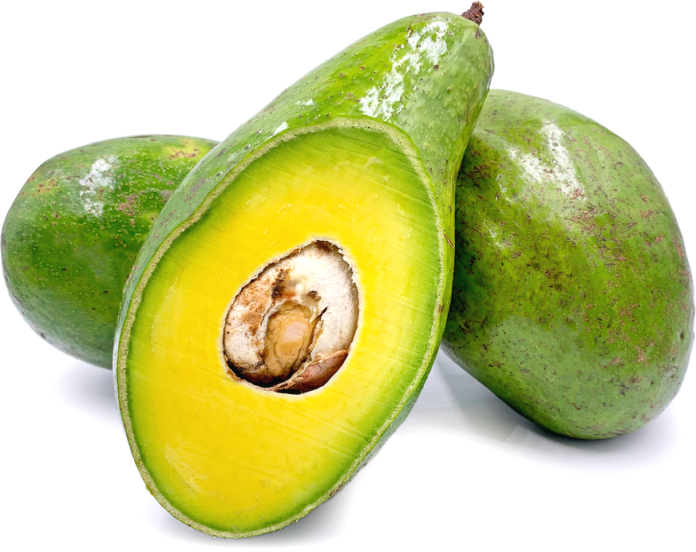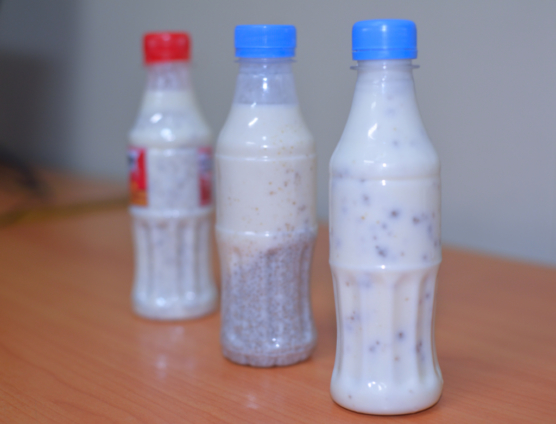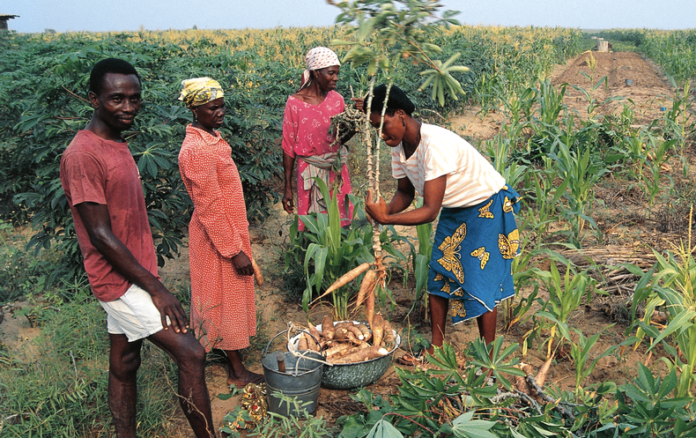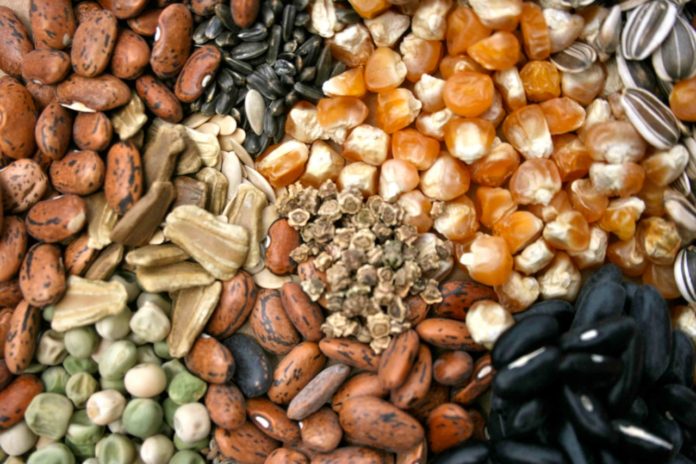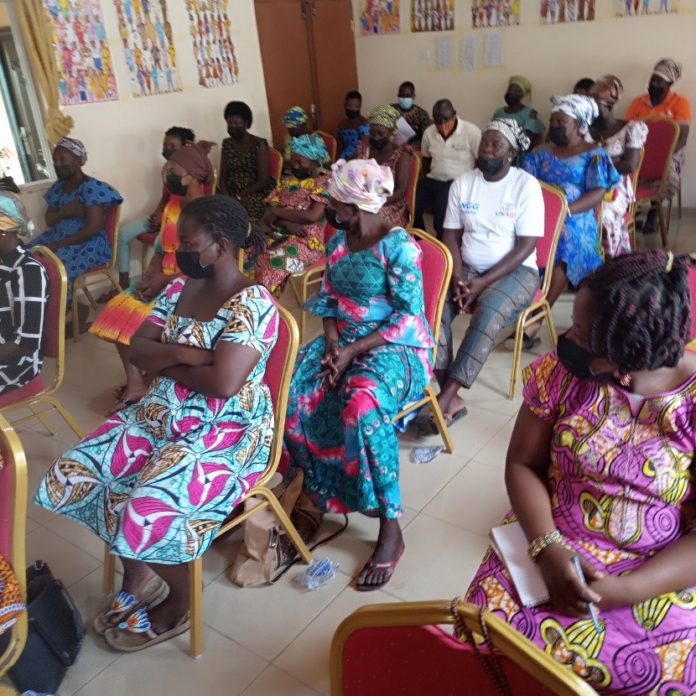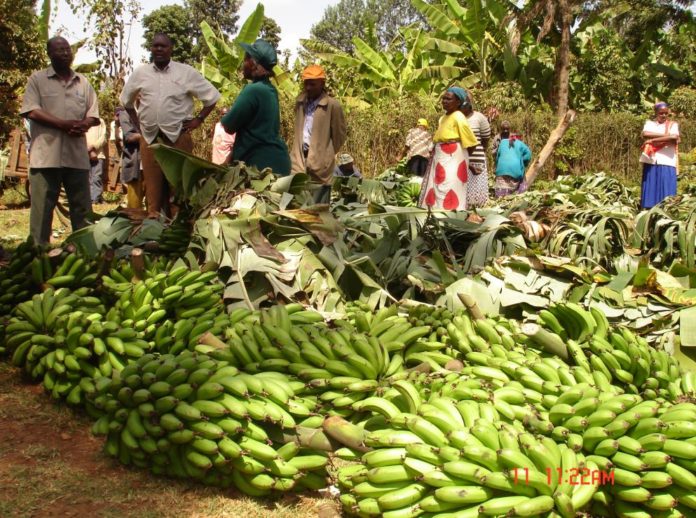An additional two million farmers in Ghana, Chad and Sierra Leone will benefit from the $315 million recently approved as part of the second phase of the West Africa Regional Food Systems Resilience Programme (FSRP-2).
Why you should never use a metal knife to slice an avocado.
Next time you reach for the utensil drawer to slice up an avocado for your morning avocado toast, you might want to think twice about which knife you grab. Just as you wouldn’t use a massive butcher’s knife to carve out that creamy avocado flesh, the material of your tool is just as important as its size when it comes to getting the job done right. Believe it or not, using a metal knife to slice avocados might be one of the most common kitchen mistakes home cooks are making — probably without even realizing it. Here’s the best-kept secret when it comes to avocado slicing.
LIFESTYLE: Some ‘Brukina’ drink contains cancer-causing substance – UG research
One would like to enjoy a cold bottle of ‘brukina’ (or bokina), a dairy milk and millet mixture, to release some stress on a sunny afternoon.
Designer crops of the future must be better tailored for women in agriculture.
For all the progress that scientists have made in breeding crops that feed more people, these breakthroughs typically elude a core demographic in low-income countries that rely on agriculture: women.
Advances in seed genetics are estimated to be responsible for up to 60 percent of yield increases in farmers’ fields in recent years by making crops hardier and faster-maturing.
However, only a third of crops grown by sub-Saharan African farmers in 2010 were the latest varieties of genetically improved plants; the uptake is as low as 5 percent for women-led households in that region.
In some cases, modern varieties may be more difficult for women to harvest, process or cook but ultimately, scientists need more research to fully understand the traits that make crops desirable and viable for women as well as men.
Women make up more than 40 percent of the global agricultural workforce, and an even greater proportion in developing countries.
In order to improve global food security and end hunger, crop breeders need better market intelligence to understand the qualities women prefer in crops so they, too, can access the gains from genetically engineered crops. Whereas men who farm are more likely to prioritize high yields and disease resistance, since this typically equates to higher incomes upon selling, women who farm often prioritize other needs in their roles as mothers, caregivers and custodians of households.
The implication for crop breeders is that for a new variety to be widely adopted by both men and women, it must be attractive both to men looking to increase earnings, and women, who take on a greater responsibility for household nutrition.
Scientists are starting to make headway in understanding the needs of women farmers. For instance, in a forthcoming study by the International Potato Center (CIP), researchers working on new varieties of sweet potato for East Africa found that 80 percent of stakeholders were aware that women prioritised the taste of sweet potato varieties over all other traits because this impacts the likelihood of their children eating it.
Another example is demand for rice fragrance in South and Southeast Asia, which was found to be mainly driven by women. This is reinforced by other studies that indicate that the ease of cooking for staple crops such as cassava is also a key factor that influences the uptake of new varieties among women. They tend to prefer varieties that cook quickly during boiling, which is determined by factors such as age, phytic acid levels and larger starch granules. But as well as women’s preferences, crop breeders also need more market intelligence to better understand the challenges and barriers to uptake that women face and their role in household decision-making on what crop varieties to grow. For example, research shows that women are more likely to take on the time-consuming manual work of weeding, threshing and cooking; weeding a single hectare of sorghum by hand takes up to 324 hours of labor.
In East Africa, maize adoption lagged because women objected to higher-yield varieties of hard dent maize that were difficult to grind and so increased their workload. Women are more likely to use traits that reduce the drudgery of agriculture for them.
Early efforts to factor in these considerations in the crop breeding process have included the development of G+ Tools by CGIAR (formerly the Consultative Group on International Agricultural Research), the organization for which we work. It’s the world’s largest publicly funded agricultural organization. This tool kit provides a framework to support targeting specific segments of the population to determine the potential implications of traits or varieties for gender equality.
The tools include questions about how a new product might increase drudgery, displace other forms of income or rely too heavily on inputs such as irrigation, mechanization or fertilizer, which may be out of reach for women. The tools, which unite the expertise of social scientists, gender experts and breeders, have been piloted in Uganda, Nigeria and Zimbabwe to set priorities for the development of new lines of sweet potato, cassava and beans. In Nigeria, this has led to the cassava breeding program prioritizing traits that are important to women who process cassava-based foods, including sweetness, low fiber, low moisture levels, ease of peeling and the preferred color for consumers.
Breeders also need to go beyond the field to understand the needs of women in agribusiness at every stage of the value chain. With more investment into projects and initiatives that subsidize the rollout of new varieties, farmers and processors could afford to test them and see their benefits before adopting them in full, so as not to compromise their traditional sources of income and food. And for all the crops that provide better yields for smallholders, those that perish quickly or that need specific storage conditions to reach market or specialist equipment to process will be less profitable and therefore less likely to be adopted.
Among the existing innovations that hold promise for better nutrition and livelihoods against the pressures of climate change are vitamin-enriched sweet potato and cassava, iron and zinc-biofortified and low glycemic index rice, high-yielding maize and fast-cooking beans. But fine-tuning these varieties to maximize their uptake among men and women needs more research into their needs on the ground.
An estimated $39 million investment is needed over the next three years to design these crops and tailor them, but the return is likely to translate to higher incomes, improved food security and greater levels of equality for up to 125 million farmers, small businesses, and consumers across Africa and South Asia alone by 2030. And by meeting the needs of all farmers, improved varieties can future-proof food systems for everyone.
Third 3rd variety show: LCIC set to enhance seed business in Ghana.
The 3rd Variety Show is set to be held on August 4th, 2022; with Legacy Crop Improvement Centre (LCIC) set to light the way for seed production and seed processing in Ghana and provide tailor-made solutions in addressing constraints that inhibit the growth of the seed industry in Ghana. The third Variety Show, one of the biggest seed industry events in Ghana will showcase the potential of the seed industry and create public awareness of new technologies (varieties).
Helping cassava farmers by extending crop life – CassVita.
“Normally 40 percent of the cassava harvest is lost, but with our technology, none of the harvests is lost, so that’s extra income,” CassVita founder and CEO Pelkins Ajanoh ’18 says.
ActionAid prepares women for the new farming season at Tumu.
ActionAid Ghana, a non-governmental organisation (NGO), has organized a pre-season farming forum to empower and build the capacity of women farmers in Tumu in the Sissala East Municipality.
Good harvest could tame rising inflation – Databank.
Amid improved rainfall which has been better than the previous year, market watcher, Databank, anticipates that a better food harvest season could tame the rise in food inflation from the latter part of the third quarter to the fourth quarter.
The agricultural value chain needs structural policy adjustment – GAWU.
Mr. Edward Kareweh, the General Secretary of the General Agricultural Workers Union (GAWU), says the country needs effective structural policies to optimize the competitiveness of the agricultural value chain.
Ghana: CEO’s journey of building a mass-market snack-food business.
Geoffrey Fadoul, CEO of Daily Food, and his co-founder started an industrial bakery business that sells snack foods across West Africa. It also supplies fast-food chains, like KFC, with burger buns. By Koromone Koroye.


